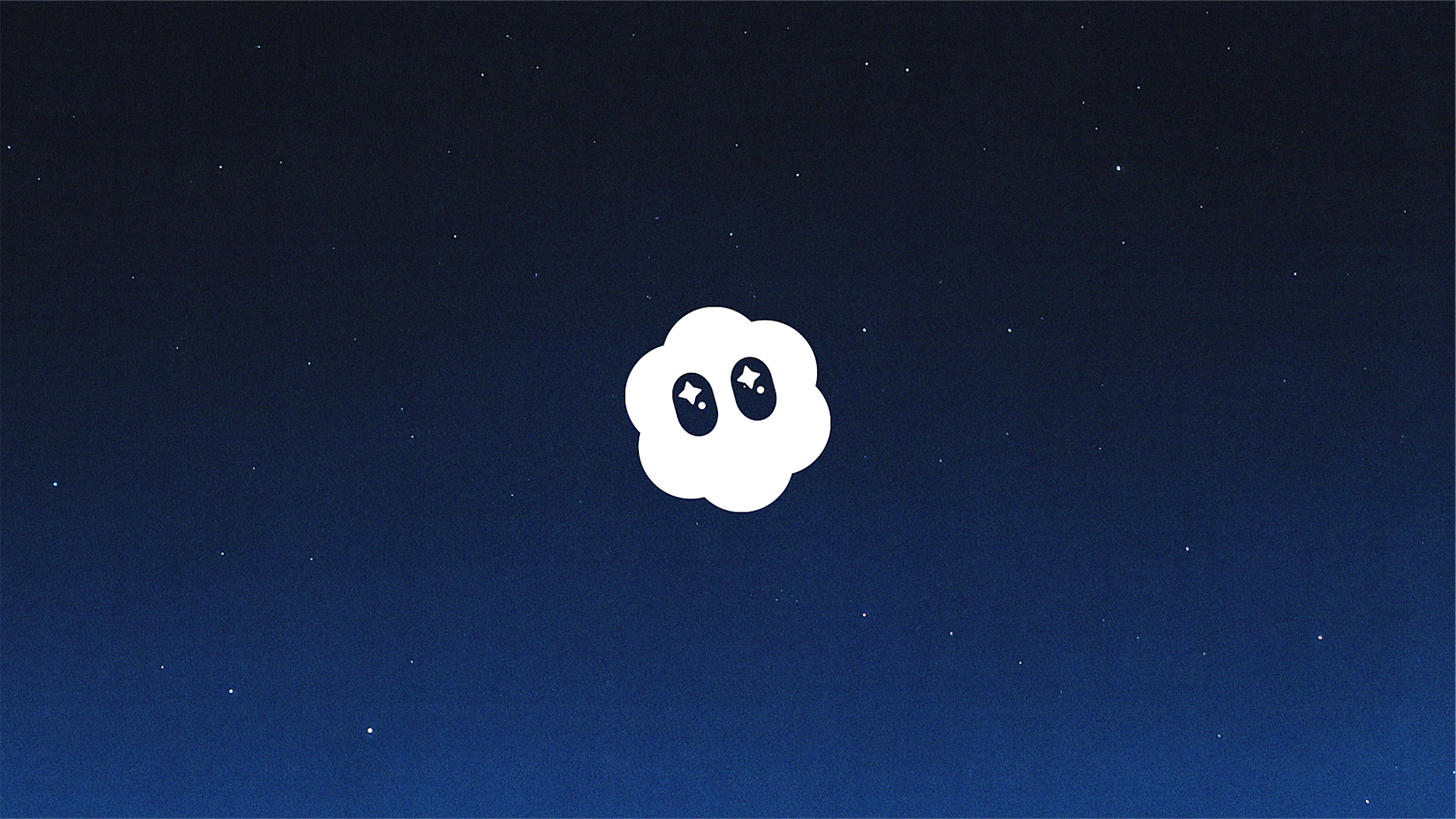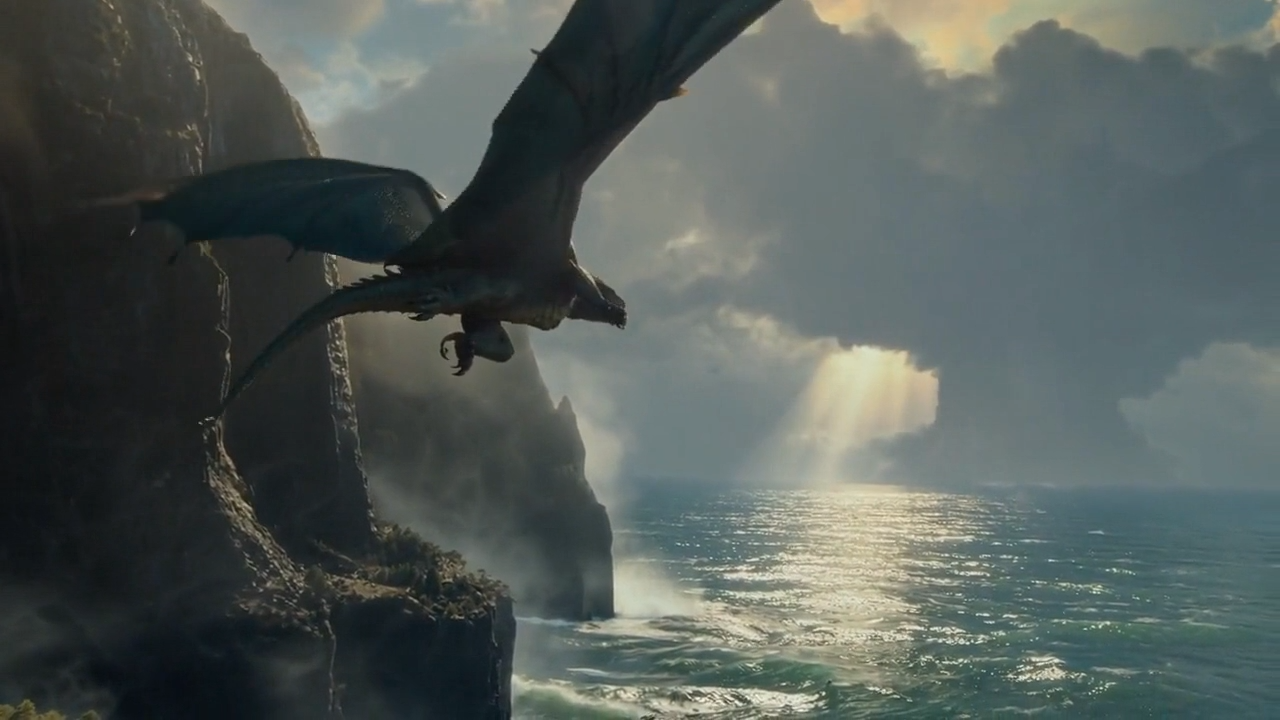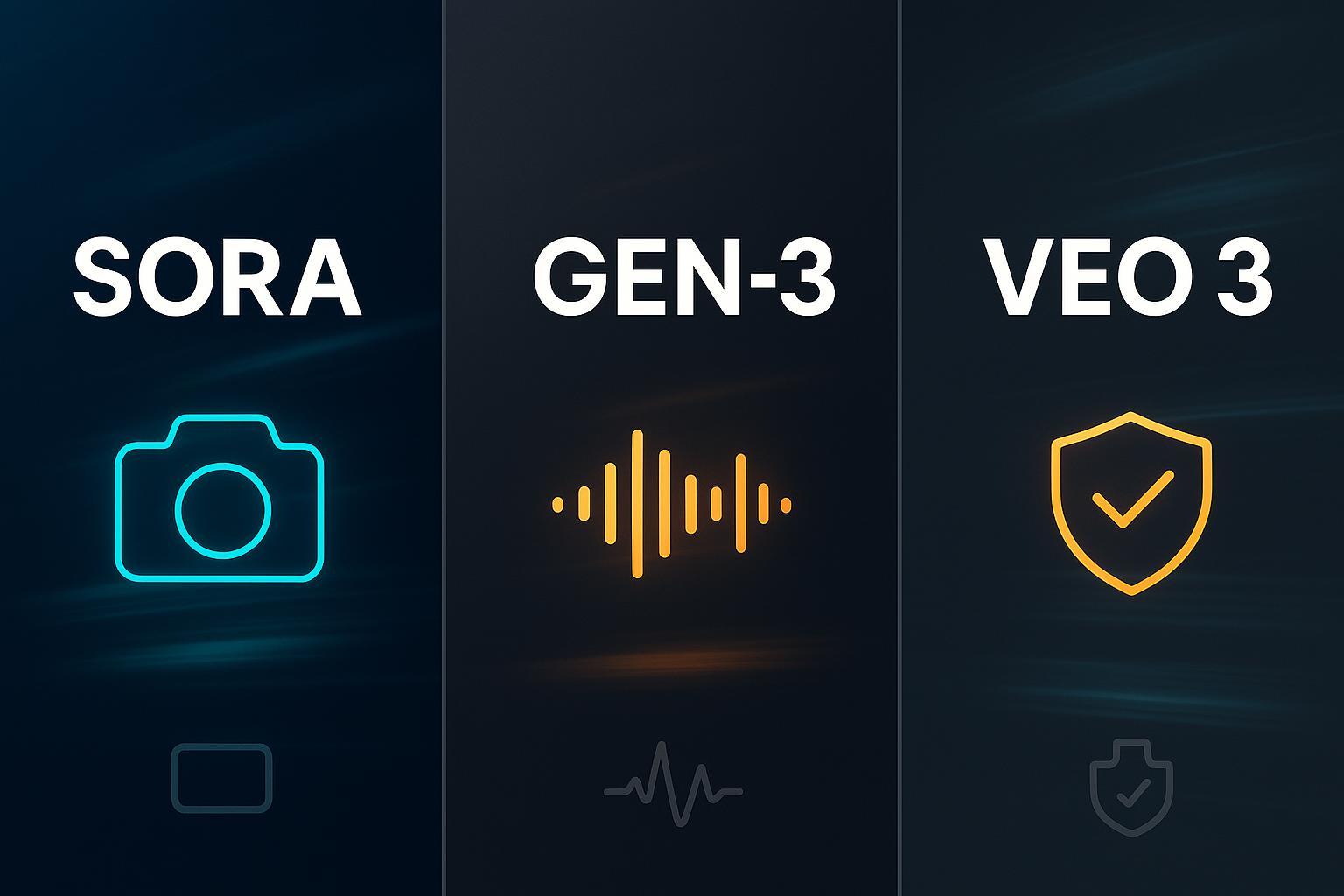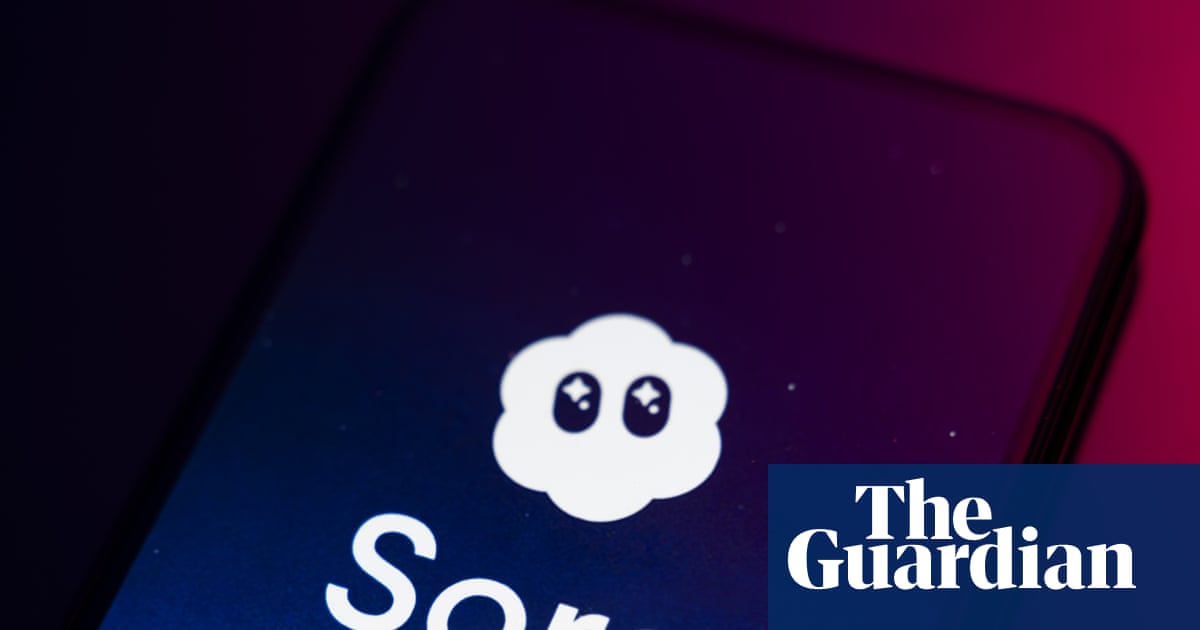🚀 Introducing Sora 2: The Next Frontier in AI Video + Audio
Today, OpenAI unveiled Sora 2, a major upgrade to its video-generation model — and launched a companion social app (invite-only in the U.S. & Canada) that lets users create, remix, and share AI-generated short videos.
What’s new / exciting about Sora 2
Realism & physics: Sora 2 models more accurate motion, physical dynamics, and scene consistency (e.g. correct rebounds, more plausible transitions)
Synchronized sound: Video + audio (dialogue, effects) are now combined in prompt-driven generation.
“Cameo” / likeness control: If you verify your identity, you (or friends) can appear in generated content — and manage permissions over use of your likeness.
TikTok-style app experience: Vertical feed, remixing, a “For You”-type algorithmic approach, and restrictions on content such as public figure likeness without consent.
Why this matters
Sora 2 elevates AI-generated video from proof-of-concept to a consumer-facing creative platform. It raises the bar for immersive storytelling, content creation, and potentially how brands or creators imagine visual marketing. But with that power comes responsibility: safeguarding misuse, misinformation, and ethical boundaries is now more critical than ever.
What to watch / ask next
How quickly will access expand (beyond invite-only iOS)?
How tightly will OpenAI enforce watermarking, provenance metadata, and content verifiability?
Will adoption push a new wave of synthetic-media regulation or standards?
Where will creators and marketers find the edge in using this technology meaningfully (not just as gimmick)?
I’m excited to see how this evolves — it feels like a “ChatGPT moment for video.”


.jpg)






